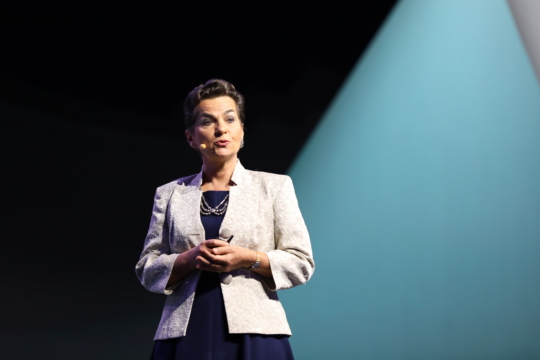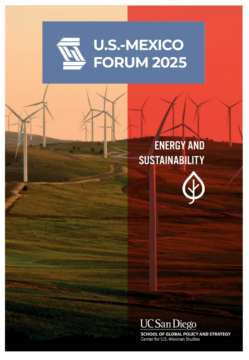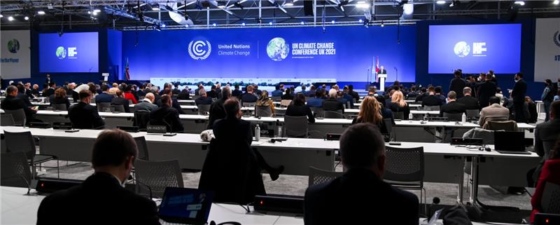
How Real Are Latin American Leaders’ Climate Promises?
A Latin America Advisor Q&A featuring experts’ viewpoints on the effectiveness of climate promises and initiatives in Latin America and the Caribbean.
A Latin America Advisor Q&A featuring experts’ viewpoints on the effectiveness of climate promises and initiatives in Latin America and the Caribbean.
The countries of Central America’s Northern Triangle—El Salvador, Guatemala, and Honduras—are especially vulnerable to the severe and worsening impacts of climate change. This policy brief, the first in a series of three publications, describes the main challenges and provides broad recommendations for the US strategy on climate change adaptation in the region. It is based on inputs from the Task Force on Climate Change in the Northern Triangle, coordinated by the Inter-American Dialogue.
La región del Triángulo Norte es extremadamente vulnerable a los efectos del cambio climático y merece una atención especial. Los huracanes y muchas veces las sequías agravan las crisis humanitarias y económicas en Guatemala, Honduras y El Salvador. Lisa Viscidi compartió sus comentarios sobre las consecuencias del cambio climático en la región y lo que pueden hacer tanto los gobiernos del área como Estados Unidos para mitigar y adaptarse a los impactos climáticos.
El 14 de septiembre, el Banco de Desarrollo de América Latina (CAF) realizó un seminario web sobre la transición energética en Latinoamérica. En ello, Lisa Viscidi, la directora del programa de Energía, Cambio Climático e Industrias Extractivas, habla del estado de la descarbonización en Latinoamérica, y explica cómo la transición energética influirá en otras industrias de estos países.
A Latin America Advisor Q&A featuring experts’ viewpoints on water stress in Latin America and what regional governments and the private sector are doing to mitigate the effects of droughts.
On June 14, the Atlantic Council and the Energy Futures Initiative held a webinar on the role of natural gas in the transition to zero-carbon energy systems. Lisa Viscidi, director of the Energy, Climate Change & Extractive Industries Program at the Dialogue, spoke about financing natural gas infrastructure in Latin America.
Companies are increasingly under pressure from the public and regulators to both disclose and improve environment, social, and governance (ESG) metrics. Such regulations in Europe and the United States will nudge investors toward low emissions projects. All this capital has to be put somewhere, and Latin America and other emerging markets are well positioned to become big recipients of these increased climate-focused flows.
La Fundación Propagas, la Universidad Central del Este y el Diálogo Interamericano celebraron el jueves 3 de junio la Quinta Edición de la Cátedra Magistral Ambiental, dedicada a la señora Rosa Margarita Bonetti de Santana, destacada medioambientalista de la República Dominicana.
In an interview with The Science of Where Magazine, Lisa Viscidi, director of the Energy, Climate Change, and Extractive Industries Program, and Sarah Phillips, program assistant, discussed Latin America’s progress toward the energy transition and its geopolitical implications.
Energy storage is a class of technologies that is diverse, complex, and rapidly evolving. Policymakers in Latin America and the Caribbean will need to acquire a strong grasp of the technical characteristics and benefits of these technologies, the services they can provide, and the most relevant regional and power market applications for each technology, according to this report authored by experts from the Inter-American Dialogue and the Inter-American Development Bank.
As the energy transition gathers pace and Latin American countries raise their emissions reduction targets, private companies are revising their business models to meet demand for renewable energy and other solutions. The United States has also reemerged as a partner on climate action in the region. This webinar explored the current and potential role of the private sector in Latin America’s energy transition and how the United States can provide support.
The Amazon rainforest, one of the world’s most important ecosystems, faces environmental impacts from hydroelectric dams, oil and gas drilling sites, and mining projects. A new database and analysis by the Inter-American Dialogue reveals that state-owned enterprises, as well as small and mid-sized international companies from a handful of countries, operate the largest share of such projects in the Amazon region, meaning these companies have a substantial influence over the implementation of environmental and social safeguards.
In an interview with BBC’s Business Daily, Lisa Viscidi, director of the Energy, Climate Change, and Extractive Industries Program, discussed President Biden’s climate foreign policy, deforestation in the Amazon, and US-Brazil relations.
Christiana Figueres, former executive secretary of the United Nations Framework Convention on Climate Change, will be receiving an honorary degree from Smith College in Massachusetts.
The world is in a transition to net-zero greenhouse gas emissions by 2050 that will change the way we use and produce energy and shape the sustainability of our planet. This paper, published by UC San Diego, addresses how Mexico and the United States can use their energy resources to deliver jobs, economic prosperity, and social justice at this transformational juncture in history, examining three areas fundamental to the US-Mexico energy relationship: sustainability; hydrocarbons; and gas, power, and renewables.
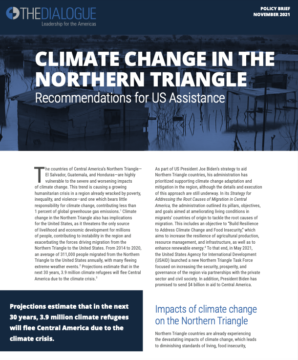
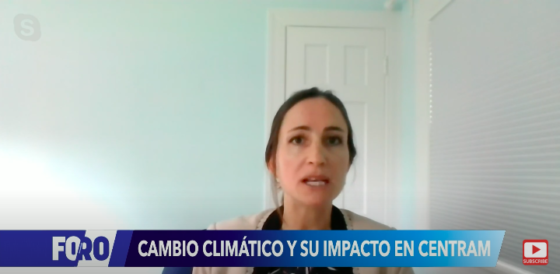 Video
Video
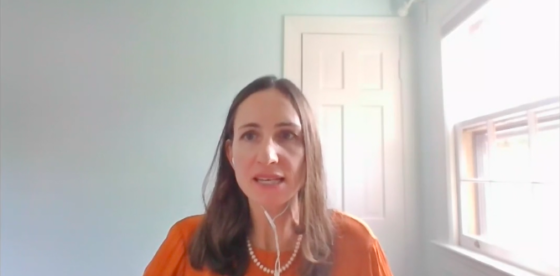 Video
Video
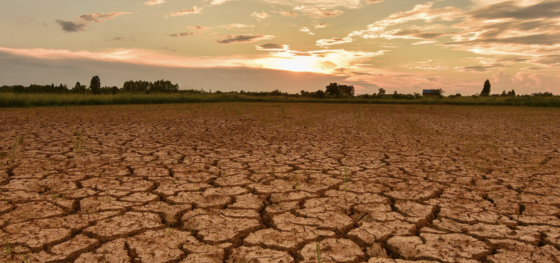
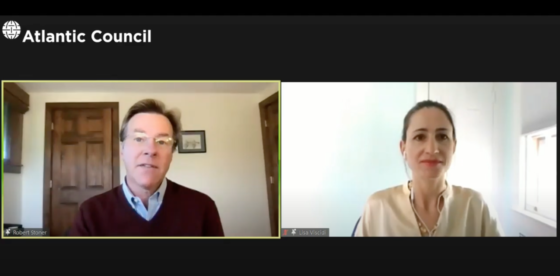 Video
Video
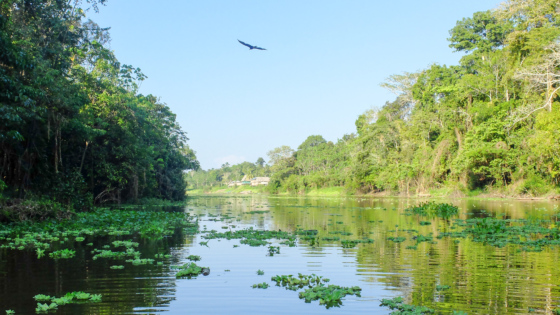
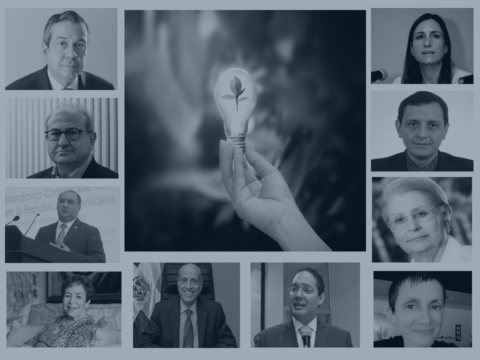 Video
Video
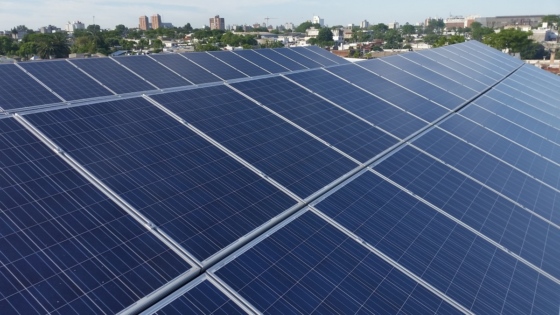
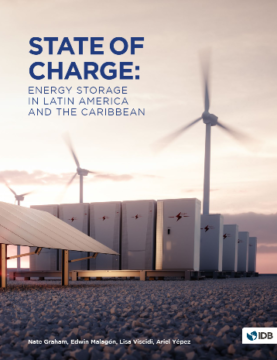
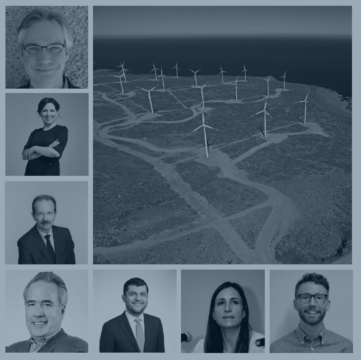 Video
Video
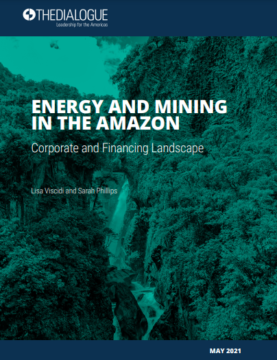
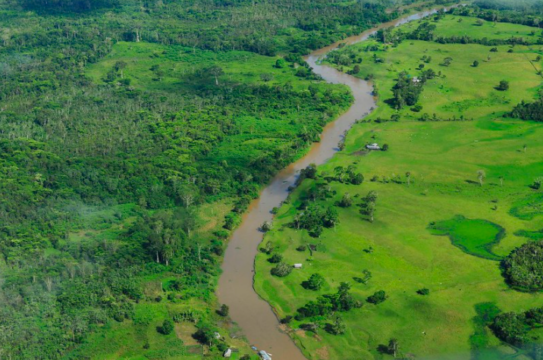 Video
Video
